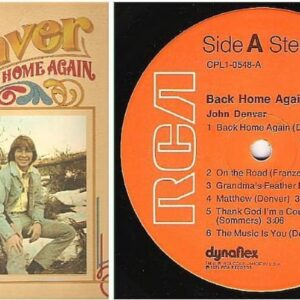We often make several mistakes related to freezing food. Many of us don’t have the habit of labelling frozen food or arranging them systematically to prevent food wastage. Here are a few tips on better approaches to freezing.

Images source: © Adobe Stock
The wrong way to freeze food
To begin with, not all types of food are suitable for freezing. Items like tomatoes, cucumbers, cheeses, creams, cooked pasta, rice, and potatoes should not be frozen. Upon freezing, these products lose their consistency and nutritional value, making them inedible once thawed. Importantly, never freeze the same food item twice. Doing so increases the risk of gastric severe complaints and food poisoning.
A common mistake is the use of inappropriate packaging for freezing. Avoid using plastic bags as they don’t adequately protect the food from external factors. Likewise, storing food in ice cream boxes isn’t a good idea because these containers are designed for single use. Their repeated use increases the risk of microplastic release into your food. The best option for storing frozen food is to use special containers that can easily be purchased from stores.
Freezing food: Common mistakes to avoid
Avoid placing hot or even warm food into the freezer (and refrigerator). Storing uncooled food in these appliances risks causing severe damage. Additionally, warm food releases heat within the fridge or freezer, thus raising the temperature and hastening the decay of all stored products. Always cool the food first. Once chilled, arrange the items in the appliance by age: put the oldest frozen food at the front and the fresher items at the back. This system will help you prevent food wastage.

Freezing food© Adobe Stock
Another standard error is not labelling packages before storing them in the freezer. It’s difficult to remember what and when each item was frozen. Remember, frozen food also has an expiration date. Domestic freezers typically maintain safe freezing for around 2-3 months. Regularly check if your freezer has frost. If so, it functions less efficiently, takes longer to freeze items, and consumes more energy.





